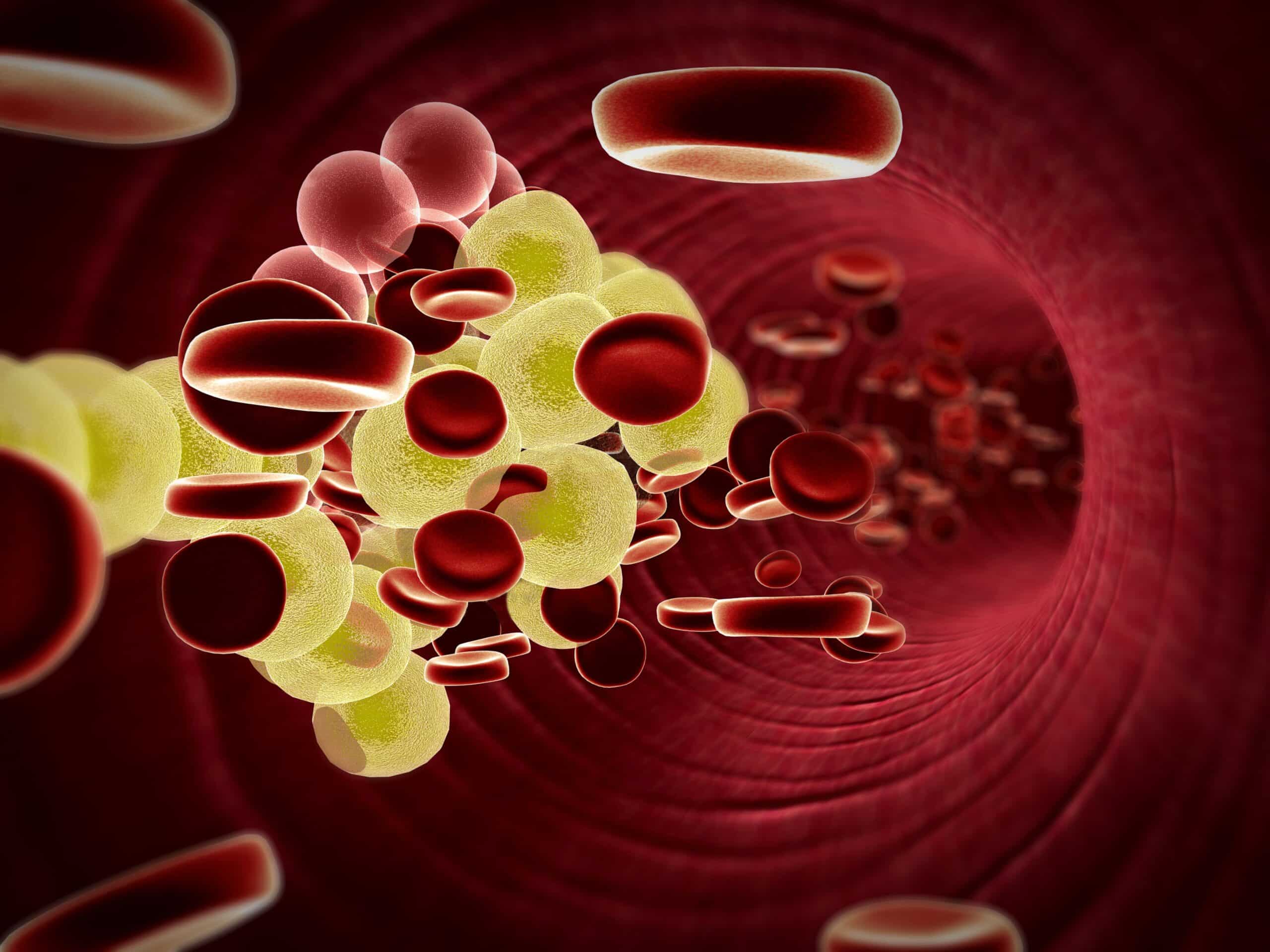Those dealing with high cholesterol levels due to a rare genetic disorder often struggle to keep their levels in check even with multiple lipid busting drugs; Regeneron is hoping to help with these issues for even the most difficult to treat, and now the company could be seeing an approval for their drug as early as next year thanks to being granted a speedy review.
Evicanumab had been granted a priority review from the FDA to be used as an adjunct to other lipid lowering therapies in those with homozygous familial hypercholesterolemia, which affects approximately 1,300 Americans; the PDUFA date is 2.11.2021.
If approved the drug would join the already approved fatty blood drug Praluent that works by blocking PCSK9. Evicanumab works by binding to ANGPTL-3 proteins which inhibit lipoprotein lipase enzymes that break down triglycerides and other lipids.
According to Regeneron, the phase 3 data for this drug when compared to placebo in 65 patients with HoFH struggling to keep cholesterol in check even with the use of multiple medications showed that those taking envinacumab alongside usual medications experienced their bad cholesterol levels decrease 49% from baseline compared to the placebo group.
One third of the patients had the most severe form of disease which does not respond well to treatments, the 15 in the treatment group experienced their bad cholesterol levels decreasing 47.1% while those in the placebo group increased 16.2%; this is an average relative drop of 59.6% for evinacumab. Additionally, nearly half of those taking the drug experienced their bad cholesterol levels fall to below 100 mg/dL which is the level that is recommended by the CDC.




